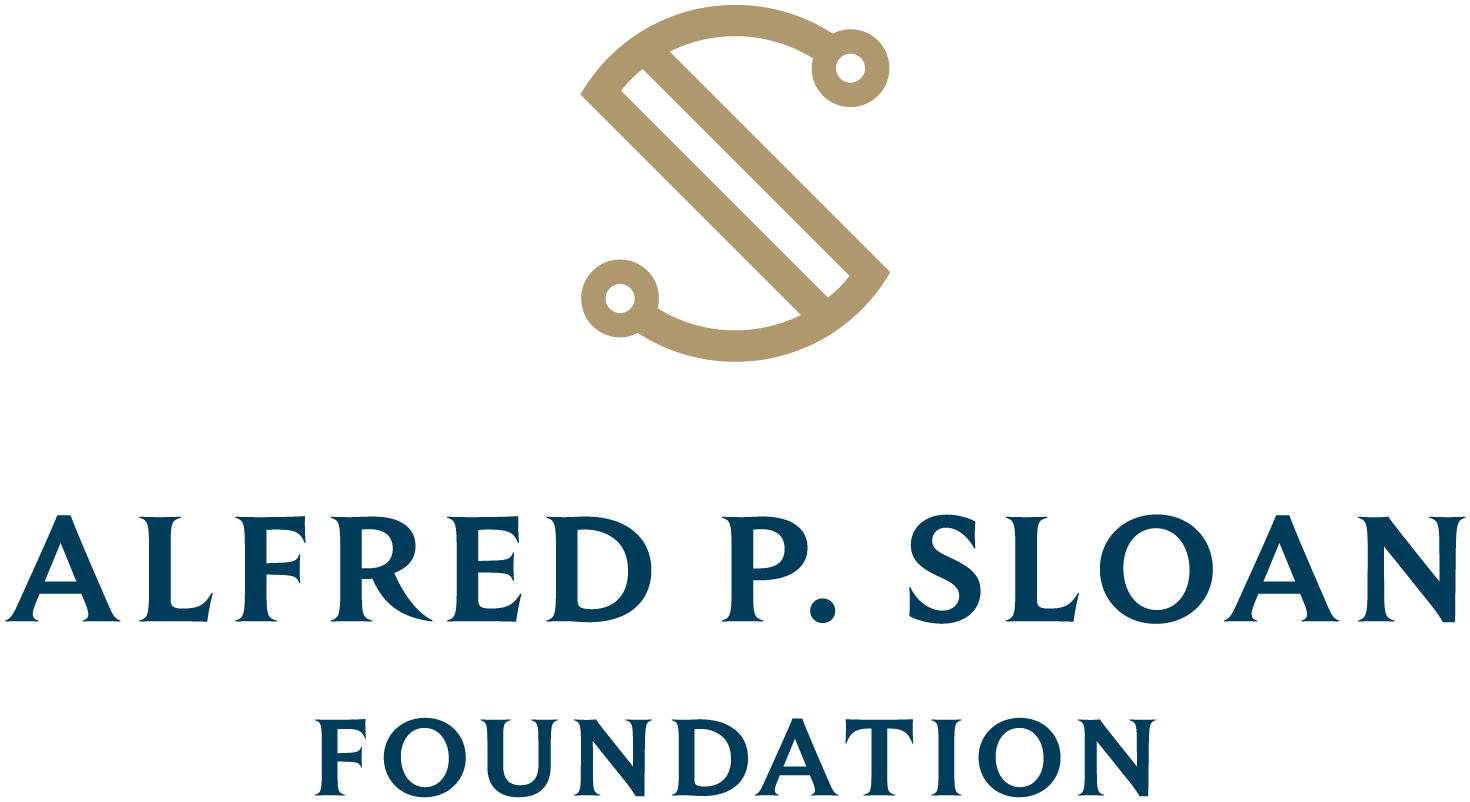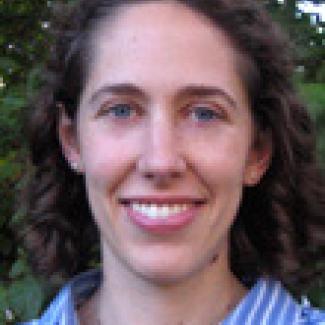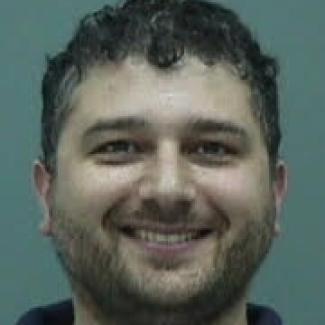
About
This program aimed to advance core research on privacy and foster new collaborations between researchers who work on theoretical aspects of data privacy and those working in areas of potential applications.
A rigorous foundational approach to private data analysis has emerged in theoretical computer science in the last decade, with differential privacy and its close variants playing a central role. This approach was motivated by the vast amounts of personal information that are collected and analyzed by a wide range of institutions, as well as by numerous demonstrated failures of traditional statistical disclosure limitation paradigms, most notably de-identification. The resulting body of theoretical work draws from many scientific fields: statistics, machine learning, cryptography, algorithms, databases, information theory, economics, and game theory.
This research has begun to influence how privacy scholars think and argue about privacy and how sensitive data are treated in real-life applications. This process reinforces the need for further technical research on foundations of privacy and for an understanding of the technical, legal, social, and ethical issues that arise. This program brought together experts from across disciplines related to privacy — theoretical computer science, statistics, game theory, machine learning, databases, social science, and law — to share their knowledge, strengthen the connections between privacy-related research in these disciplines, and work on a wide-reaching interdisciplinary agenda involving technology and policy. The participants investigated basic privacy-related algorithmic, statistical, and complexity- and game-theoretic questions; studied barriers to implementing and using the products of theoretical research in privacy; and explored methodologies for bridging the gaps between mathematical approaches to privacy and approaches rooted in the law, social norms, and ethics.
This program was supported in part by the Alfred P. Sloan Foundation, the Center for Long-Term Cybersecurity, and the Patrick J. McGovern Foundation.










